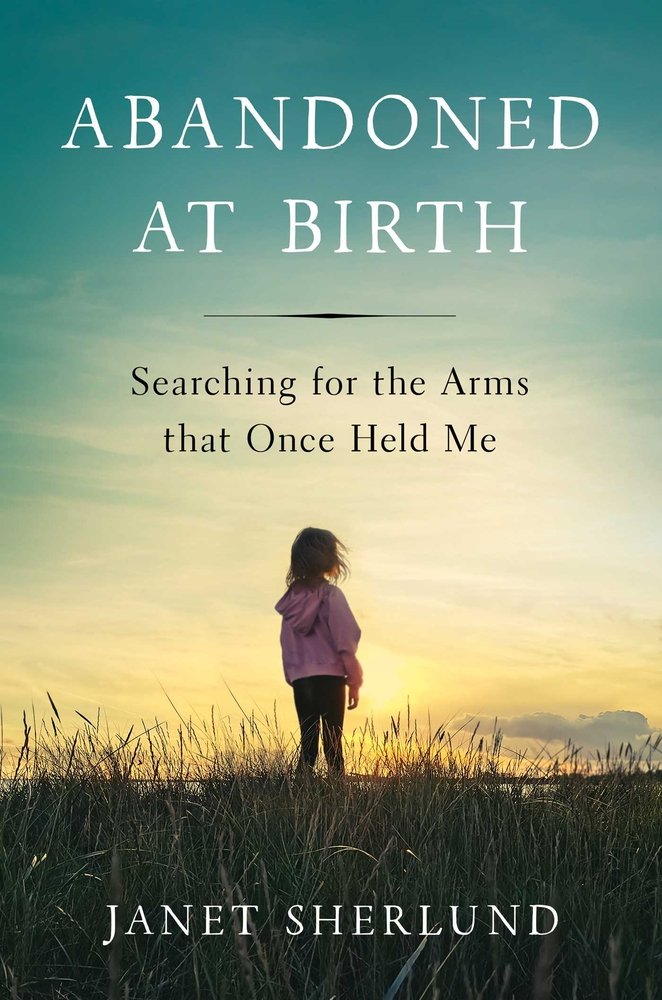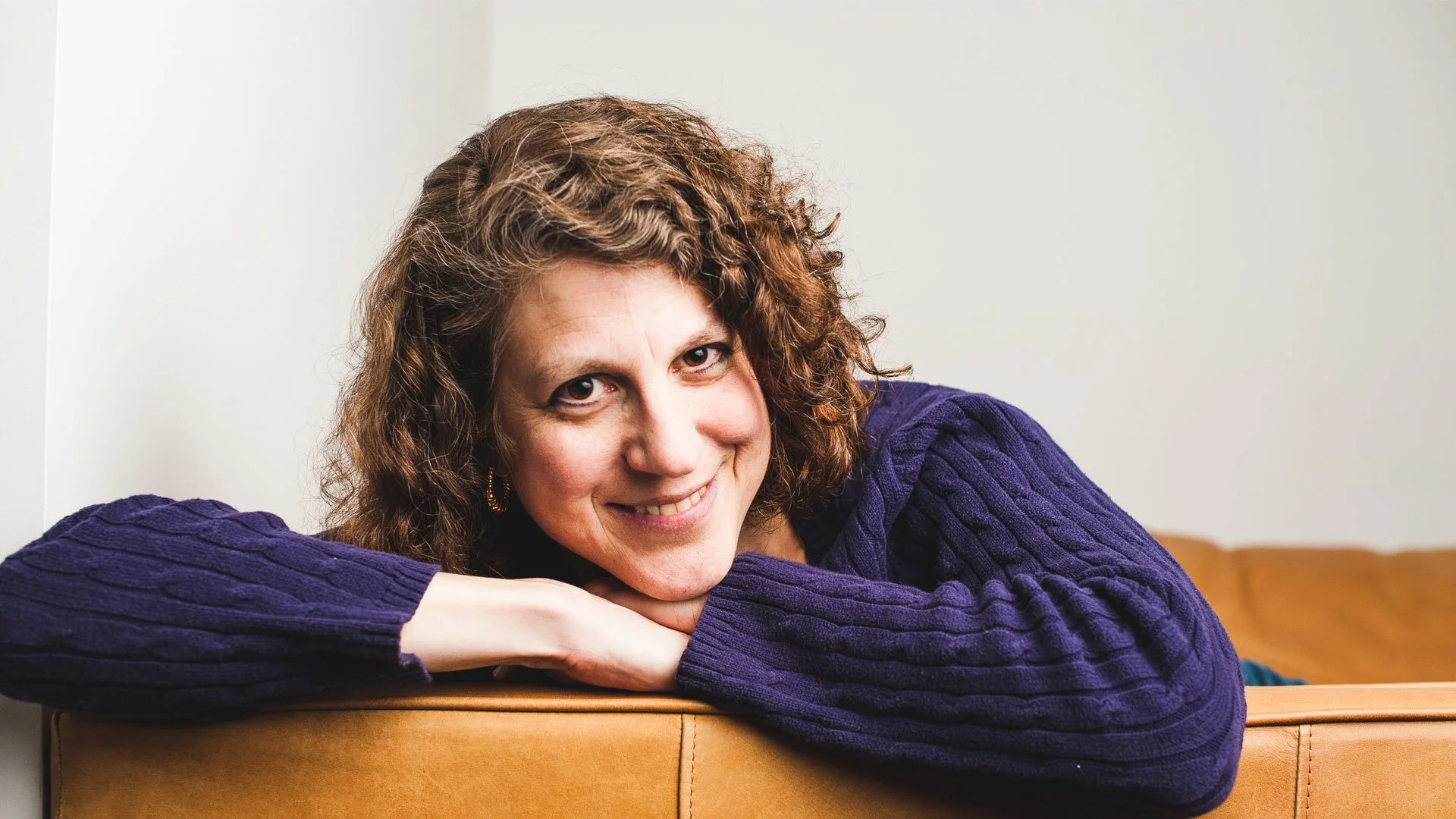Q&A with Steve Berry, The Bishop's Pawn
/What inspired you to write The Bishop's Pawn? Why the King assassination?
The Bishop's Pawn is an idea I’ve had for about 10 years. I decided to wait until this year to write the book, knowing that, with the 50th anniversary of his death, the subject would be on everyone’s mind. Dr. Kings murder is one of the great mysteries of the 20th century, one that I felt needed to be explored. It has never been adequately investigated, leaving many unanswered questions, the most important being why was King killed? This novel suggests a surprising answer to that question. I also wanted to remind people of the civil rights movement and make sure they remembered that people lost their lives in that movement. There was violence, beatings, hosings. Awful things. But, along the way, those who participated in King’s non-violent movement changed this country. The book is a novel. and it’s most important goal is to entertain. But, if along the way folks learn a little something, then that’s an added bonus.
With the 50th anniversary, The Bishop’s Pawn provides conspiracy theorists with something to chat about. It shifts the narrative of everything we've come to think about King's death. Do you believe The Mountaintop Speech, is an acceptance of mortality or a moment of his spiritual introspection?
Sadly, this is something that will forever remain unknown. The speech dealt with mortality and, if you listen to it all, it sounds like a man who knows he's about to die. The whole speech is geared towards mortality. But what he felt will always be a mystery. What we do know is that he gave the speech off the cuff with no prepared notes. When you view the video o the speech, once he’s done, you can see an exhausted King fall into the arms of Ralph Abernathy, completely spent. He was not feeling well that night.
Ambitious and well researched, the attention to the historical details was amazing. Where did you get your information from?
Like my other novels, I used 300-400 sources. What I found writing this book, even though there was an abundance of information, I had to wade through most of it to find reasonable and objective sources to deal with the many unanswered questions. Much of those questions were not dealt with at the time because of a botched investigation. The FBI discounted any conspiracy immediately and focused all forth their efforts on James Earl Ray.
As I read, my mind was in overdrive with what ifs. What and who were fiction is this novel?
The book is about 90% to reality, the other 10% is there for entertainment since, after all, that’s the main purpose of a novel. Benjamin Foster, for example, is fiction, but he does represent a composite of many people who were around King. What he does, and how he interacts around King, is real. I tried to be as accurate as possible and keep to reality. But while readers are enjoying Cotton Malone, they'll also be learning about some extraordinary events that happened 50 years ago.
Buy on Amazon | Barnes and Noble
Unlike other Cotton Malone novels, this one was different. Do you feel that first person narrative made the story more impactful from a story that needed to be heard versus an ordinary fiction thriller novel?
I thought it was a more intimate and offered a closer connection to the character. It also gave me a chance to get closer to the character. I hope the readers enjoy it. If they do, I might try it again one day.
The Bishop's Pawn took one of the most significant events in history and makes you really thinking differently. From a different perspective in narrative, knowing the potential outcome of Dr. King's conversation with the character Foster, do you think that would alter the perspective of the assasination?
That's hard to say. The conclusion that I draw in the novel is shocking, to say the least. My hope is it will get readers thinking.
Since Cotton Malone is a little bit of a rebel, would he have supported Hoover following the reterite of hate at the time or would he have gone rogue and stopped the assassination?
He would've completely gone rogue. He and Hoover would not have gotten along at all. He would've done all that he could to stop things.
Are you currently working on anything you can share?
Absolutely. Cotton is headed back overseas in my next novel, to Malta, and deal with the Knights of Malta. They are the oldest warrior monks organization, 900 years old, and they are still there. It will be a great treasure hunt and mystery called The Malta Exchange, which will be released in Spring 2019. I'm currently writing a new adventure for Cotton that will take him to Poland in 2020.





















